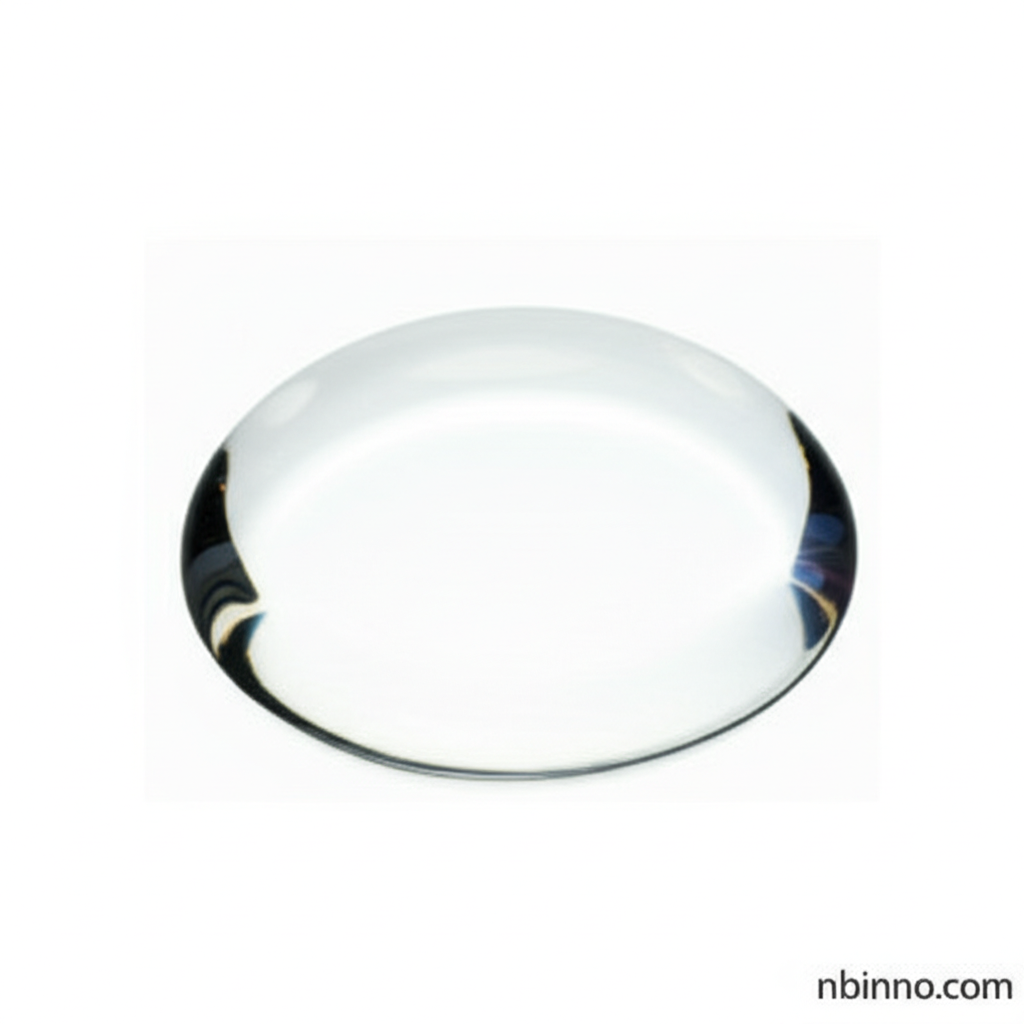Dibutyl Phthalate (DBP): Properties, Applications, and Safety Considerations
Explore the essential role of Dibutyl Phthalate in modern manufacturing and its key industrial applications.
Get a Quote & SampleUnderstanding Dibutyl Phthalate (DBP)

Dibutyl Phthalate
Dibutyl Phthalate (DBP) is a key chemical compound widely recognized for its efficacy as a plasticizer and solvent. It plays a crucial role in enhancing the flexibility, softness, and overall workability of various polymer-based products, most notably Polyvinyl Chloride (PVC). Its ability to improve material characteristics makes it indispensable in numerous industrial sectors.
- DBP is a versatile plasticizer, primarily used in the processing of polyvinyl chloride resin, but also beneficial for chemical fiber resin, ABS resin, and rubber applications, improving product flexibility.
- Excellent fluidity and dispersibility are key characteristics of DBP, contributing to its widespread use in applications requiring enhanced product softness and processing ease.
- The chemical properties of DBP make it a valuable component in coatings due to its excellent solubility, dispersibility, and adhesion, improving the finish and longevity of painted surfaces.
- DBP exhibits good compatibility with pigments, facilitating its use in coloring films, artificial leather, and various plastic products, ensuring vibrant and consistent coloration.
Key Advantages of Using Dibutyl Phthalate
Enhanced Flexibility
Dibutyl Phthalate significantly improves the flexibility and pliability of materials like PVC, making them less brittle and more suitable for demanding applications.
Improved Workability
As an efficient plasticizer, DBP enhances the processing of polymers, allowing for easier molding and shaping, which is critical in large-scale manufacturing.
Durability and Stability
DBP contributes to the overall stability and flex resistance of products, ensuring they withstand repeated bending and environmental stress.
Key Applications of Dibutyl Phthalate
Plasticizers for PVC
DBP is extensively used as a plasticizer for PVC, imparting essential flexibility and durability to products like flooring, films, and artificial leather.
Coatings and Paints
In the coatings industry, DBP serves as a solvent and plasticizer, improving the flow, adhesion, and finish of paints and lacquers.
Adhesives and Sealants
DBP enhances the bonding properties and flexibility of adhesives and sealants, ensuring strong and lasting performance in various construction and manufacturing applications.
Inks and Textiles
Its solvent properties are valuable in printing inks, while in the textile industry, it acts as a lubricant and plasticizer for synthetic fabrics.
